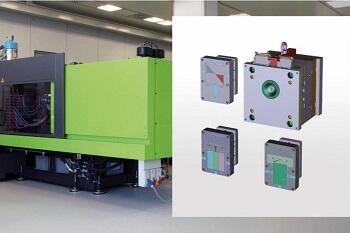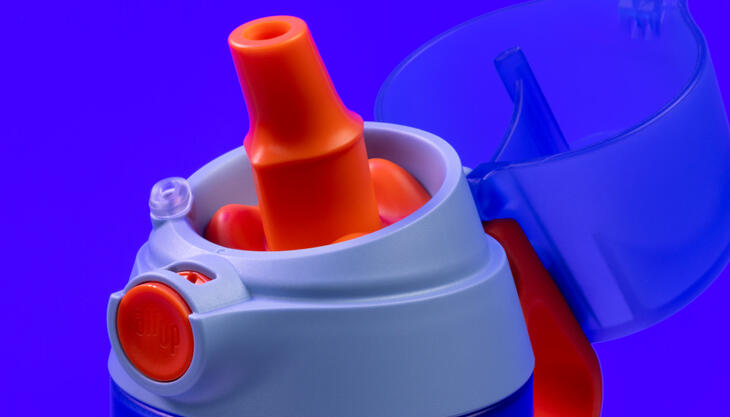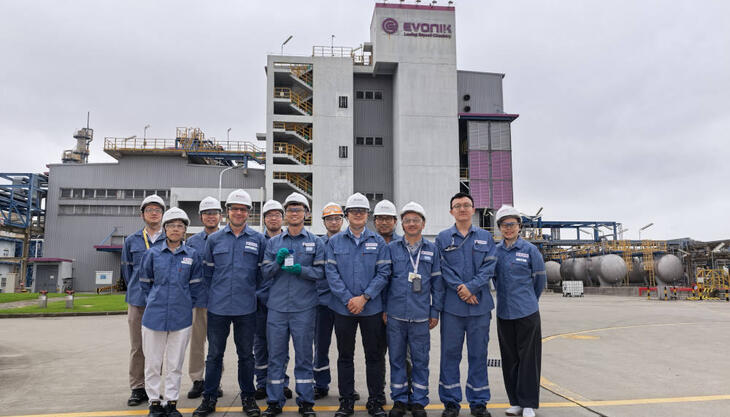Interchangeable matrix mould for laboratory specimens

At the production facilities at its main site in Waldkraiburg (Germany), Kraiburg TPE has implemented a new system enabling quick changeover between temperature-controlled tooling inserts in injection moulding processes, in order to gain precise data on the fluidity, surface quality, and adhesion of specific material compounds. This makes fulfilling customer requirements more efficient.
As demand for materials is increasing constantly, there is a need for continual development and innovation in materials and testing. The company has learned through experience that a standard test plate is of limited use when validating materials. Aspects like fluidity and surface quality are also important in addition to mechanics. In order to cater for these situations and to satisfy customer requirements, Kraiburg TPE decided to provide different bonding options for each product design. Tools are attached to a new injection moulding machine with a locking force of 1,100 kN. They are primarily used for internal thermoplastic elastomer testing and for preparing test and sample plates of commercial or customer-specified TPE compounds for specialist material testing.
Intelligent sensor technology delivers reproducible data. This information improves the analysis of the injection qualities of the compounds when used in various gating systems. Various surfaces can also be created and analysed through the use of different tooling inserts. EPDM bonding can also be evaluated according to Guideline 2701 of the trade association for the German rubber industry (WDK) which was adopted in 2019. This enables both the internal and external requirements of the material to be mapped. Areas that can benefit from this: surface structures for vehicle interiors, evaluating the demoulding properties of super soft compounds, determining the actual cavity pressure.
"The clear advantage of this tool design is its flexibility when investigating significant material data," said Grit Müller from the application engineering team at Kraiburg TPE. "This enables new TPE compounds to be examined more accurately."



















